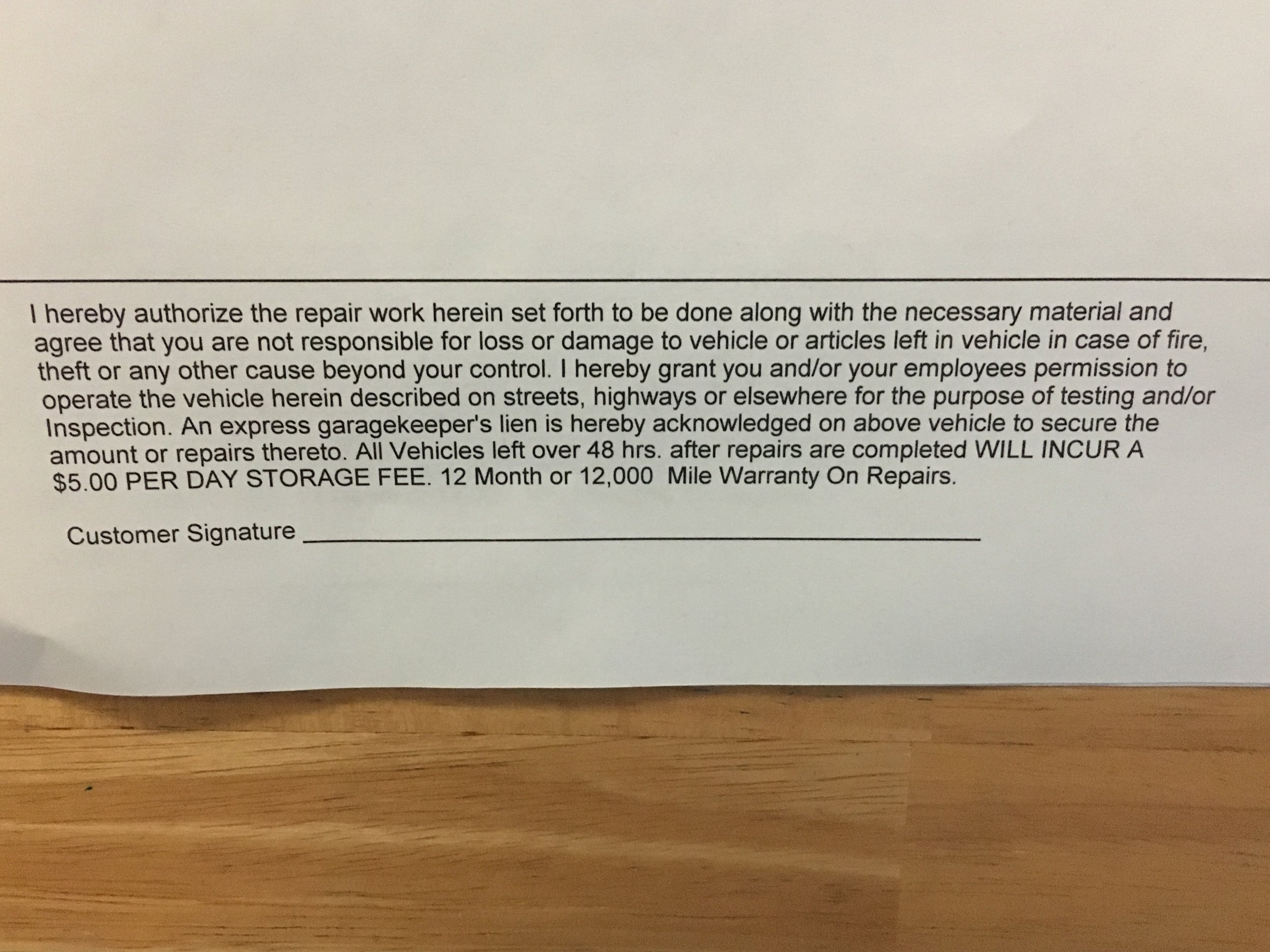Hi all. I have mentioned I am a slacker—it is a recurring theme along with water imagery, political rants and anxiety in my poetry, thought patterns, existence.... I completed eight “poems” on the last day of April’s 30/30 challenge and managed to snuff any spark of creativity or motivation that once flickered in my ashtray of a head. I was ready to step away from writing and devote myself to video games where I CAN finish quests, earn achievements and fame, develop flame-throwing powers, accumulate gold and get the girl all while sitting on my couch.
After a couple of weeks away from the Ugly Mug due to a short trip and scheduling conflicts, I recovered some of my passion. Thank you, Alexis Rhone Fancher, for an inspiring feature last night and for all of the readers in the open who once more got my rusty gears moving. Check out Alexis’s newest book, available at Moon Tide Press. I cannot wait to read it!
Since all experiences and character traits are fodder, even laziness, write a list poem of why you don’t write. What else are you doing? Be honest or not. Make up shit if you like. Perhaps you have been carrying on a secret affair with the Loch Ness monster for the last three years, and all of your writing journals got waterlogged (shout out to Eric Morago for last night’s poem). Perhaps you would write, but your special quill was stolen by a Poe-reading raven who needed it for its wing and its yet unpublished fan fic. Maybe your cat is curled up asleep on your lap, and she is just sooo cute that you couldn’t disturb her...for three weeks or two decades.
If you are one of those truly diligent, industrious types, take over my life and write about all the things you do in a day. Make my spleen quiver with envy. Make me wish I could adult daily or even attain adulthood periodically.
So now let’s write that list poem, but know that the best title for this list poem or any list poem has already been used: “When I Grow Up I Want to Be a List of Further Possibilities” by Chen Chen (and it is also the title of his latest book, an excellent read).
And here is one of my excuses for my lack productivity pictured below:



















